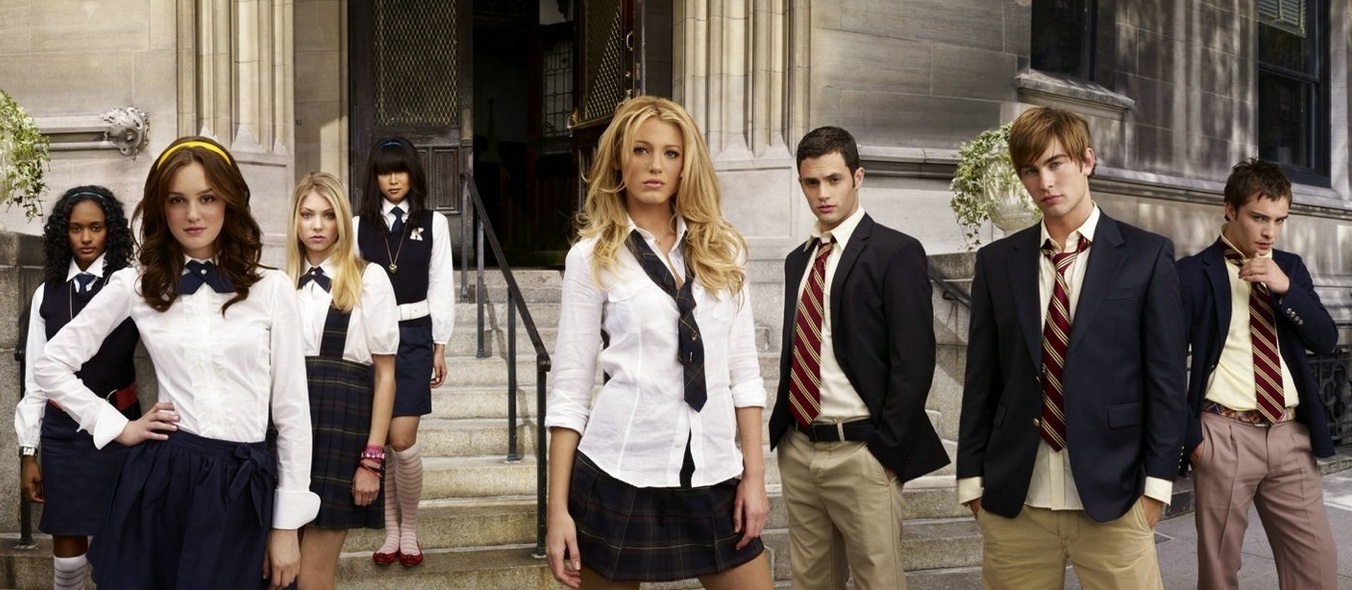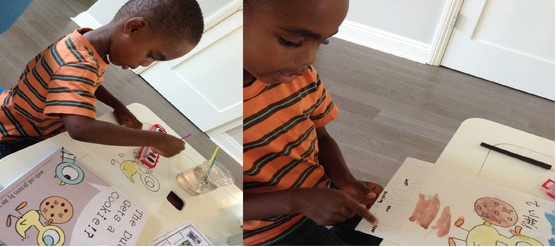
A lot of private schools want to help new families ease the transition to the school by hosting events, encouraging you to enroll your child in the summer program and sending out a school roster to help you facilitate playmates A host family program is another way private schools welcome new families.
Host families, who are current families at the school, are typically asked by the school to host an incoming family during the summer for a casual get-together. The host family will have a child in the same class as your child and will be the same gender. The event is based on a mutually convenient time and may take place at the host family’s home or at a park or other location.
Most of the time, host family get-togethers are great. Of course, I’ve heard host family horror stories like when the host family that is “too busy” all summer to get together with the new family or the host family who does make time for a get-together but then snubs the new family when they see each the first day of school. Sometimes, the host kid will start bullying the new kid at school, despite the fact that they are supposed to be the new kid’s friend. The schools rarely find out about these unfortunate situations since new families don’t want to start off the school year by complaining.
Luckily, my family has had really positive experiences with all our host families. We’ve been warmly welcomed at host family’s homes, met with our host family at a school event and watched our kids run off to play together. At our former school, the host family invited several families over for brunch. The photo above reminded me of the homemade pastries they baked. At our current school, Viewpoint, we went to my son’s host family’s home for a lovely dinner. We met up with my daughter’s host family at a school event (our kids are in middle school, so this worked nicely). Based on my experiences, I encourage you to accept your host family’s invitation, even if the timing isn’t convenient. It really does help ease the transition for parents and kids.
Here are a few tips to help your get together with the host family go smoothly:
- If your child is entering kindergarten, keep the get-together short. Spending an entire afternoon together isn’t necessary, unless you both think it’s a good idea. Nobody on either end of this event wants their kid to have a meltdown.
- Ask before you bring a sibling! These events are for kids entering the school and most often not for the entire family.
- If the host suggests an activity you don’t think will work for your child (like swimming), politely suggest another plan.
- If you don’t feel comfortable going to the host family’s house, it’s ok to suggest getting together at a neutral location like a park or a restaurant.
- If the get-together with the host family goes well, let the school know. They will appreciate the feedback.
Host families volunteer for all sorts of reasons. Sometimes it is because they genuinely want to welcome a new family to the school. Other times, their agenda has nothing to do with new families, but involves their own social or personal ambition. In either case, keeping your expectations moderate and your schedule flexible will go a long way to having a good experience.
Let’s be social! Like Beyond The Brochure on Facebook. Are you more the email type? Get our posts in your in box by subscribing (enter your email in the “subscribe” box on the right sidebar of the blog. Or, buy the Second Edition of our book at Amazon.com or your local bookstores!

